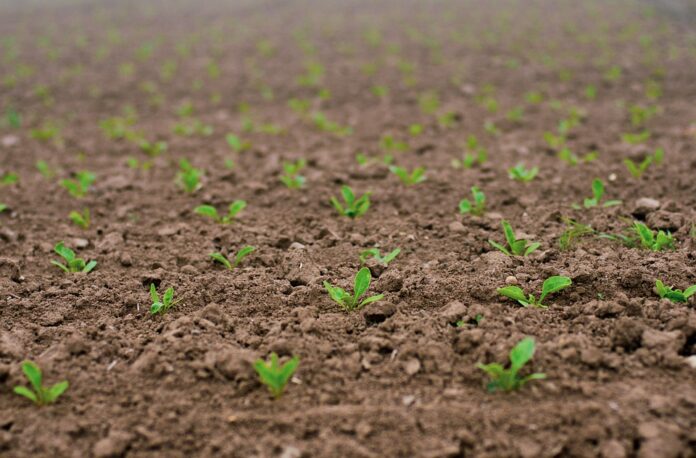The Importance of Fine Tilth and Moisture Management in Seedbeds
Introduction
Creating the ideal seedbed is crucial for successful crop production. Fine tilth and proper moisture management are two key factors that significantly impact seed germination, plant growth, and overall yield. In this report, we will explore the importance of fine tilth and moisture management in seedbeds and how they contribute to the success of a crop.
Benefits of Fine Tilth
Fine tilth refers to the physical condition of the soil in the seedbed. It is achieved by breaking down large soil clumps into smaller particles, creating a soft, crumbly texture that is ideal for seed germination and root growth. Fine tilth provides several benefits, including:
1. Improved Seed-to-Soil Contact: Fine tilth ensures that seeds come into direct contact with the soil, promoting faster and more uniform germination.
2. Enhanced Root Penetration: A fine tilth allows plant roots to penetrate the soil more easily, accessing essential nutrients and water for optimal growth.
3. Better Water Infiltration: Soil with fine tilth has improved water infiltration rates, reducing the risk of waterlogging and ensuring proper moisture distribution throughout the seedbed.
4. Increased Soil Aeration: Fine tilth promotes better soil aeration, allowing oxygen to reach plant roots and facilitating nutrient uptake.
Moisture Management in Seedbeds
Proper moisture management is essential for creating an environment conducive to seed germination and plant growth. Adequate moisture levels in the seedbed are crucial for seed imbibition, root development, and nutrient uptake. Effective moisture management involves:
1. Monitoring Soil Moisture: Regularly monitoring soil moisture levels helps farmers determine when and how much to irrigate the seedbed. This ensures that plants receive the right amount of water at the right time.
2. Irrigation Efficiency: Using efficient irrigation methods, such as drip irrigation or furrow irrigation, helps maintain consistent soil moisture levels and prevents water wastage.
3. Mulching: Applying mulch to the seedbed helps retain soil moisture, reduce evaporation, and prevent soil erosion. Mulching also regulates soil temperature, creating a favorable environment for seed germination.
4. Drainage: Proper drainage is essential for preventing waterlogging in the seedbed, which can lead to root rot and hinder plant growth. Installing drainage systems or shaping the seedbed to promote water runoff can help maintain optimal soil moisture levels.
Industry Insights
In the agriculture industry, fine tilth and moisture management play a crucial role in ensuring successful crop production. Companies that specialize in soil preparation equipment, irrigation systems, and soil testing services cater to the needs of farmers looking to optimize their seedbeds for maximum yield.
According to industry data, the global market for soil preparation equipment is projected to reach $XX billion by 2025, driven by the increasing demand for advanced technologies that improve soil health and productivity. Companies like John Deere, Kubota Corporation, and AGCO Corporation are leading providers of soil preparation machinery, offering a wide range of equipment to meet the diverse needs of farmers worldwide.
In terms of irrigation systems, the market is expected to grow at a CAGR of XX% from 2021 to 2026, fueled by the rising adoption of precision irrigation techniques and sustainable water management practices. Companies such as Netafim, Lindsay Corporation, and Jain Irrigation Systems are at the forefront of innovation in irrigation technology, developing solutions that help farmers optimize water usage and maximize crop yields.
Conclusion
In conclusion, fine tilth and moisture management are essential aspects of seedbed preparation that significantly impact crop growth and yield. By achieving fine tilth and effectively managing soil moisture, farmers can create an optimal environment for seed germination, root development, and overall plant health. Investing in soil preparation equipment, irrigation systems, and soil testing services can help farmers enhance their seedbeds and maximize their agricultural productivity. By prioritizing fine tilth and moisture management, farmers can set the foundation for successful crop production and sustainable agriculture practices.


